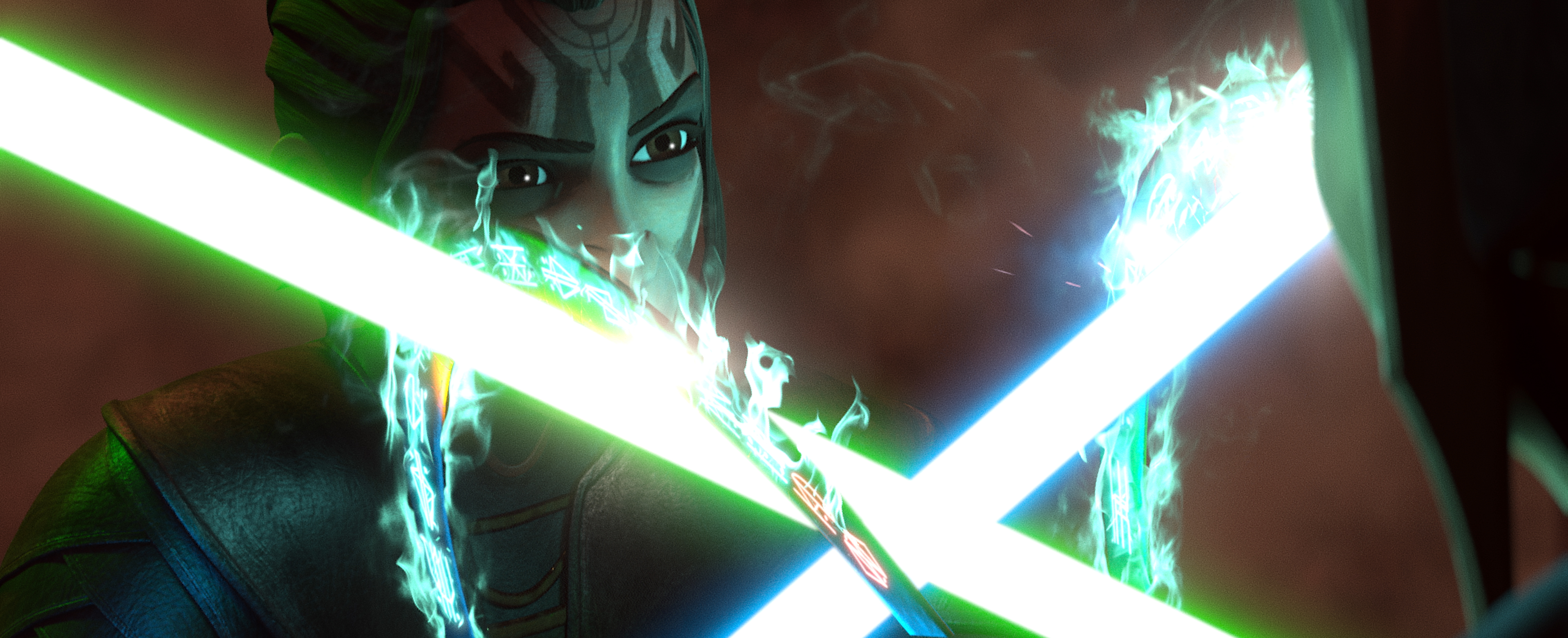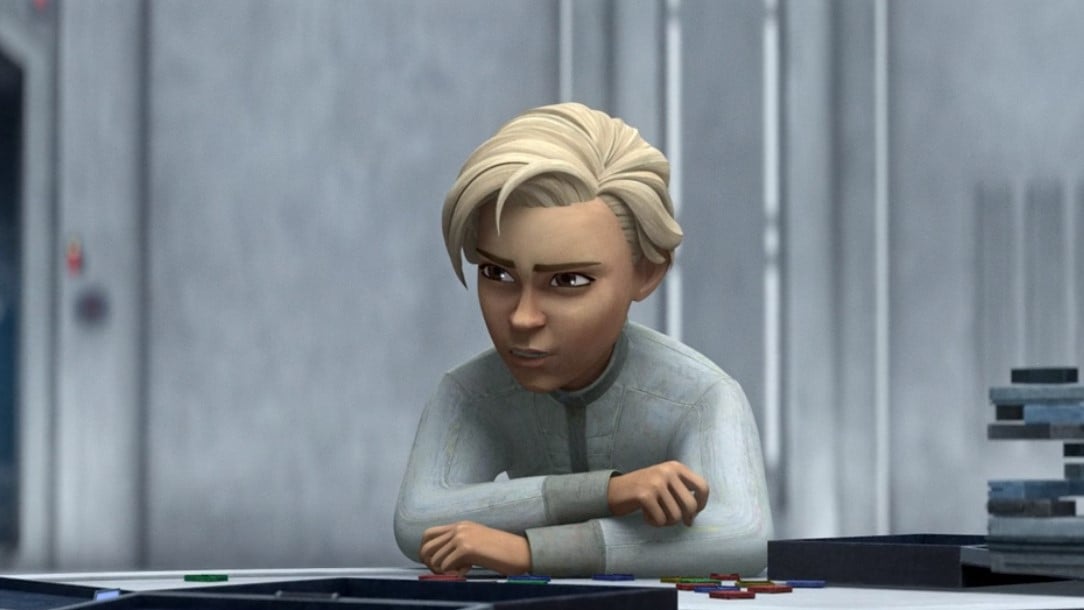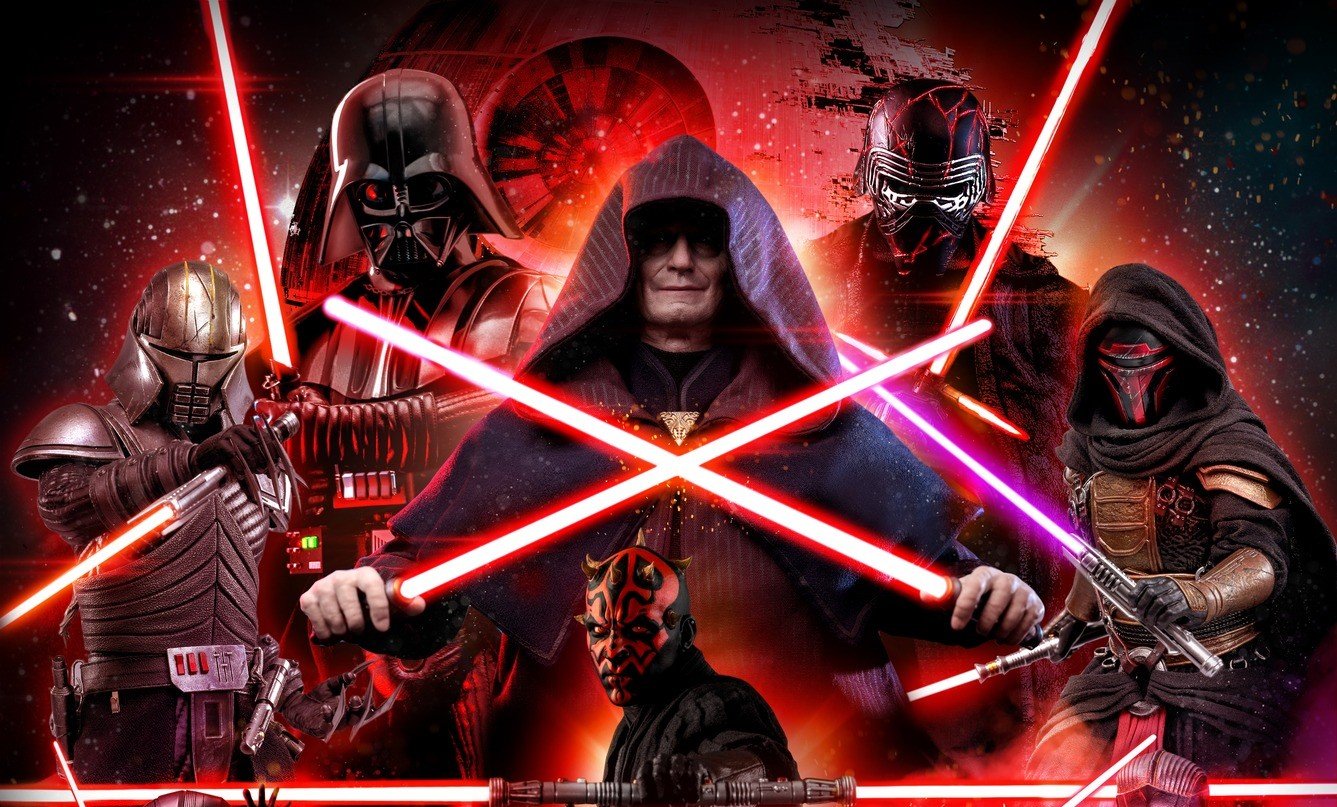Lovecraft Country Review: A Pulpy Intersection Of Stark American Reality
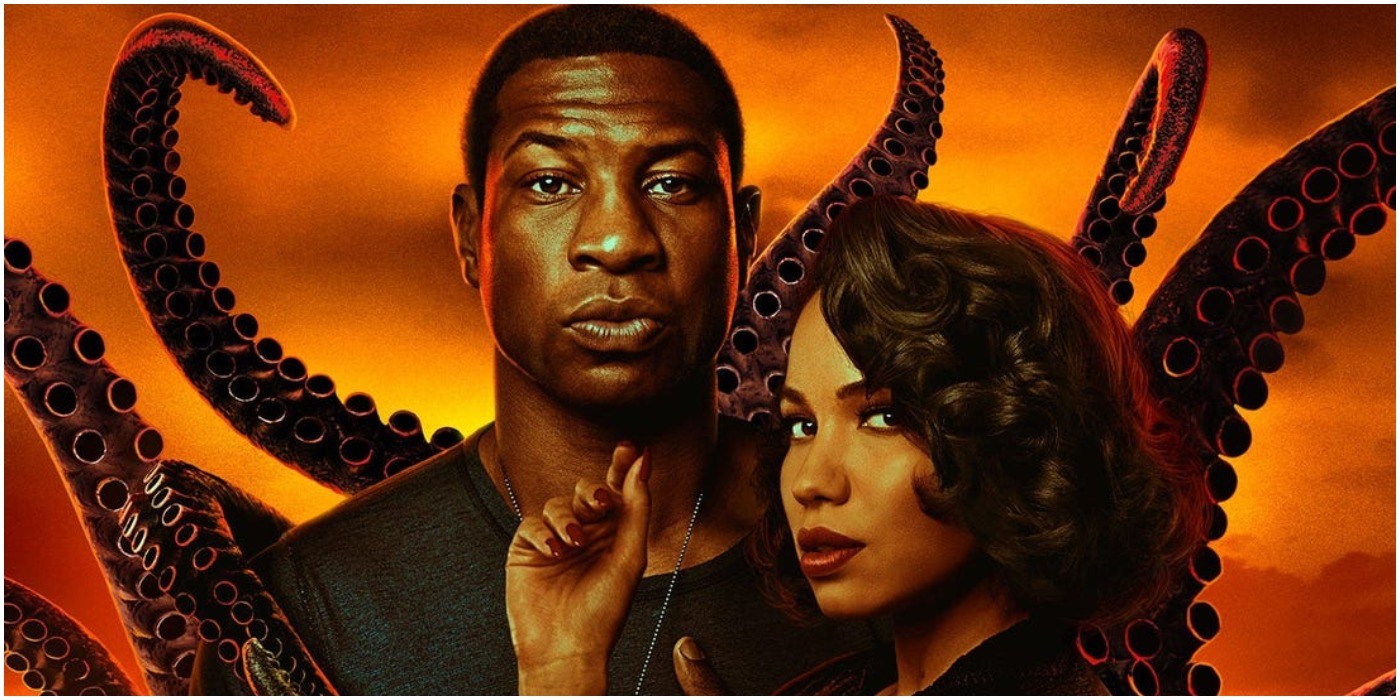
Sometimes an artist becomes so toxic for their beliefs that their work loses its luster, and in some cases, its validity. By taking on the racism of H.P. Lovecraft, and by reclaiming his fiction, the fascinating new series Lovecraft Country asks if American history can be similarly salvaged.
Lovecraft Country brims with ideas, energy, and promise. Based on the 2016 novel by Matt Ruff, the story follows pulp-fiction aficionado Atticus Freeman travels from the Jim Crow South to his South Side of Chicago hometown in search of his missing father Montrose.
Freeman is an African American soldier home from the Korean War, where he has a connection to a woman he can’t quite talk to on the phone. He loves pulpy sci-fi, like the Princess of Mars, and has a lived-in, determined grace wonderfully played by Jonathan Majors in a star-making turn.
The first episode, written by Misha Green, presents Freeman’s love of these stories as an escape from the struggles of the real world he lives in. When the bus he rides in the back in on the way to Chicago breaks down, he and another passenger of color are made to walk the rest of the way.
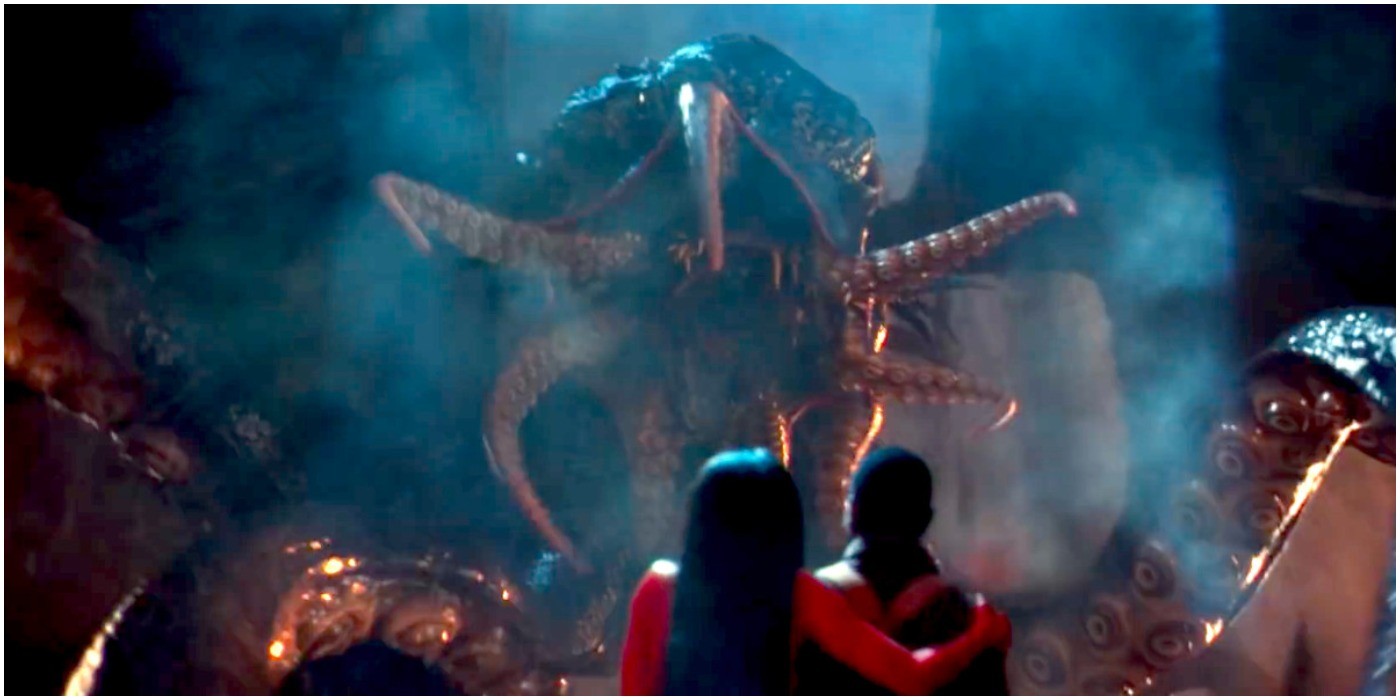
The opening scene is a fantastic walk through several different Golden Age era sci-fi classics, from War of the Worlds to the Cthulu mythos that this show hinges on. Fans of sci-fi will be hooked immediately by the inventive mash-up of flying saucers (and Princess Dejah Thoris), but the big-budget sci-fi ambition of the series only echoes its true intent, which is the investigation of authorship, ownership, and the validity of history.
Once he’s back in Chicago, Freeman meets up with his uncle, George, who is the author of a travel guide for African-Americans around the United States. The existence of the guide proves useful as the episode continues, but also instructive: this is a show as concerned with the truth behind history as it is the fantasy.
Freeman learns his father may be in ‘Lovecraft Country,’ or Devon County, Massachusetts. There is a hint of a family secret and a rift between father and son. George knows something; we don’t know. They discuss Lovecraft, who Freeman admires as a writer but was dissuaded from reading for his problematic views.
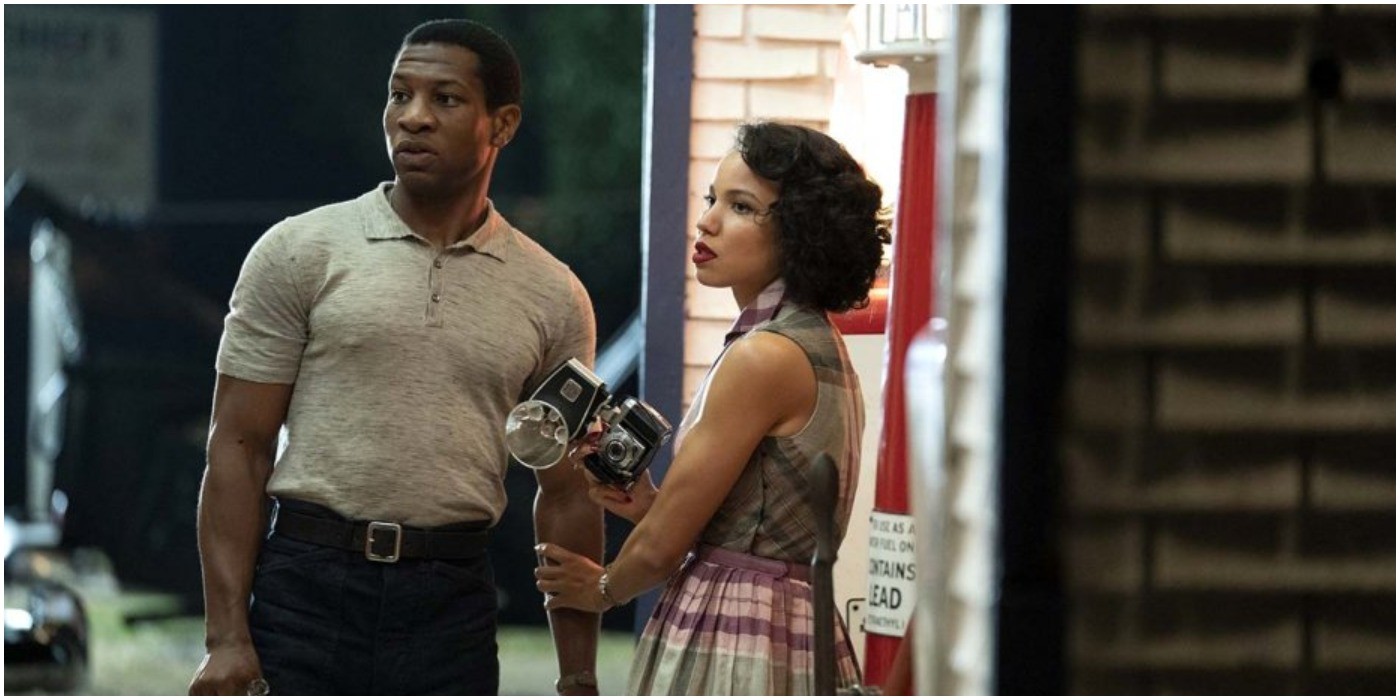
Problematic is a polite way of putting it. Lovecraft developed an entire genre of sci-fi fantasy horror, but his personal views, particularly in regards to African-Americans, have rendered him persona non grata in canon. The show acknowledges this, while also seeming to indicate the work may have value beyond the author.
This is a subject that is often in the news, given the personal failings of authors, actors, writers, and directors in every facet of human behavior. Is the author’s work invalidated with the author? Does the work even belong to the author after the point it interfaces with audiences (light this match in any Star Wars forum and see what happens)?
The first episode and the brief tease of what’s to come at the end suggest, as Freeman says: ‘It’s our story.’ This could be read as fans owning a story more than the author, but it certainly has to do with the legacy and history of America in the 1950s, when the show takes place, and 2020, when it airs.
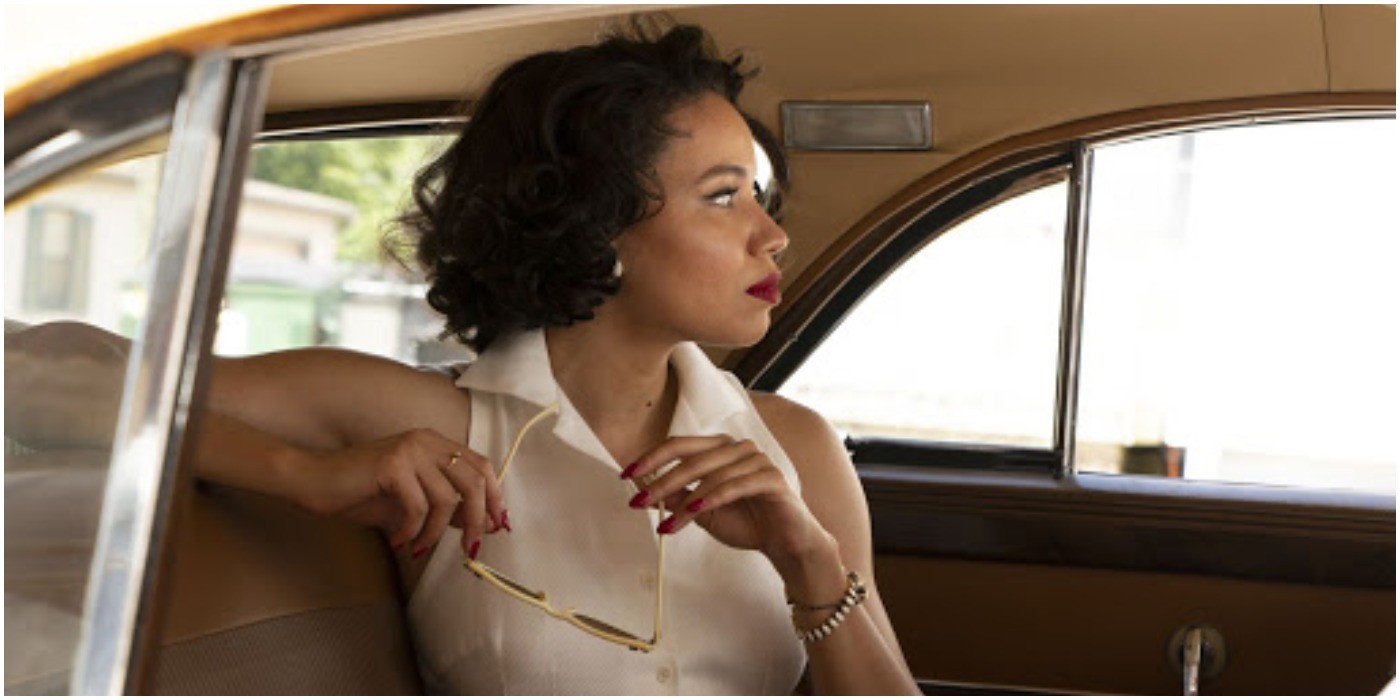
This is a resolutely African-American story. The only white actors are small roles, mostly police. The deep attention to the Black community on the South Side of Chicago, the relationship of Freeman and his family, and the hopes and dreams of each character – who among them are writers, artists, singers, and photographers.
Jurnee Smollett (last seen in Birds of Prey) creates an incendiary, feisty performance as the wayward Letitia. She tags along as Freeman and his uncle travel to Devon County to find Freeman’s father, and her relentless determination not to be hemmed in by the contours of life for African-American’s in the 50s creates friction within her family and the story that presents a lot of possibilities.
The episode pops with color and life. Director Yann Demange creates a vivid sense of being there in the moment, with vintage cars, signs, and costumes. Reds, greens, and yellows burst off the screen, the entire show soaked in color, and by the end, in blood.
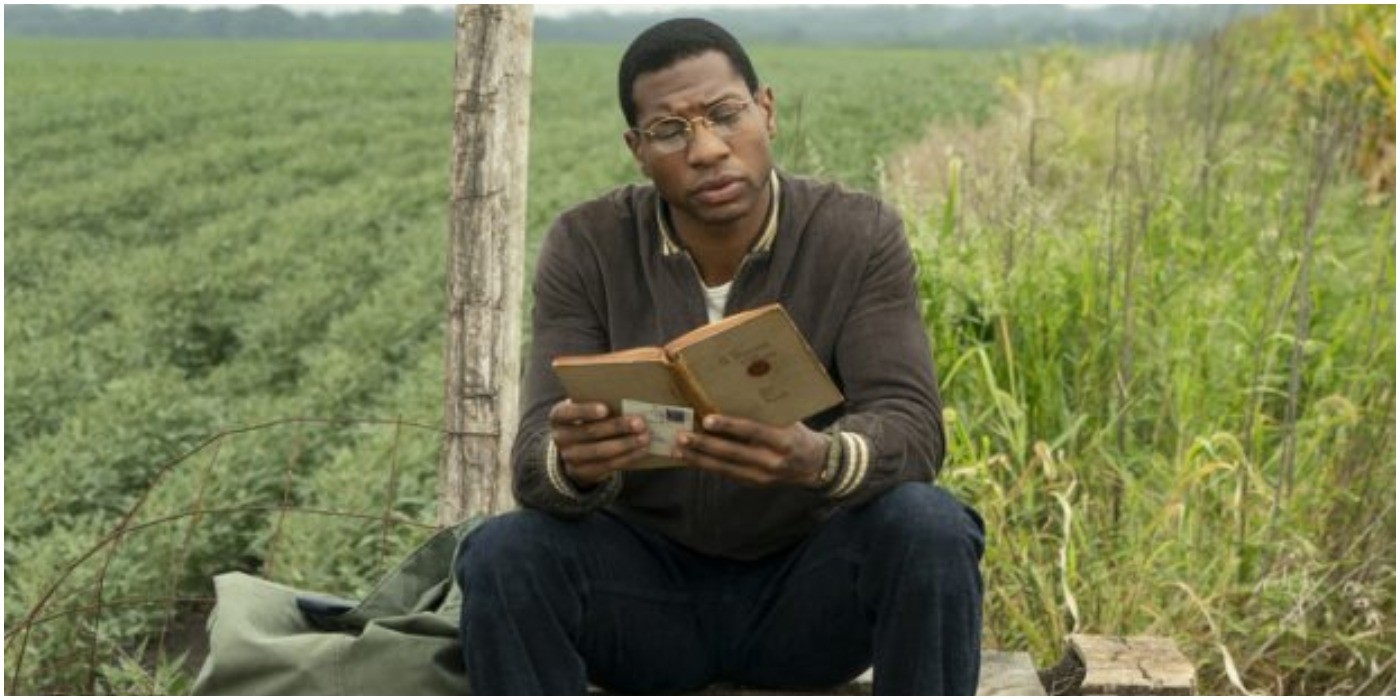
The hero’s journey that Freeman loves to read about – even when it concerns ex-Confederate soldiers like John Carter – takes on an inverse and harrowing reality when the company leaves Chicago for Devon. Freeman, Letitia, and George (an outstanding Courtney B. Vance) discover Threshold Guardians in the form of police, dogs, and white teenagers with nothing better to do than mock them.
This montage through the Rust Belt also provides a moment for the show to create another kind of synergy. An excerpt of a speech by lauded African-American writer James Baldwin (recently discussed on The Movie News Network podcast) plays over their trip through America, in haunting fashion.
As Baldwin questions the nature of reality for himself, for others, for whites and blacks, the show intersects with not just the questioned reality of Eldritch horror, but the horror of post-Jim Crow America. For a white viewer, to say nothing of a reviewer, this is an education. It’s difficult to watch, but now, especially now, it’s critical to acknowledge.
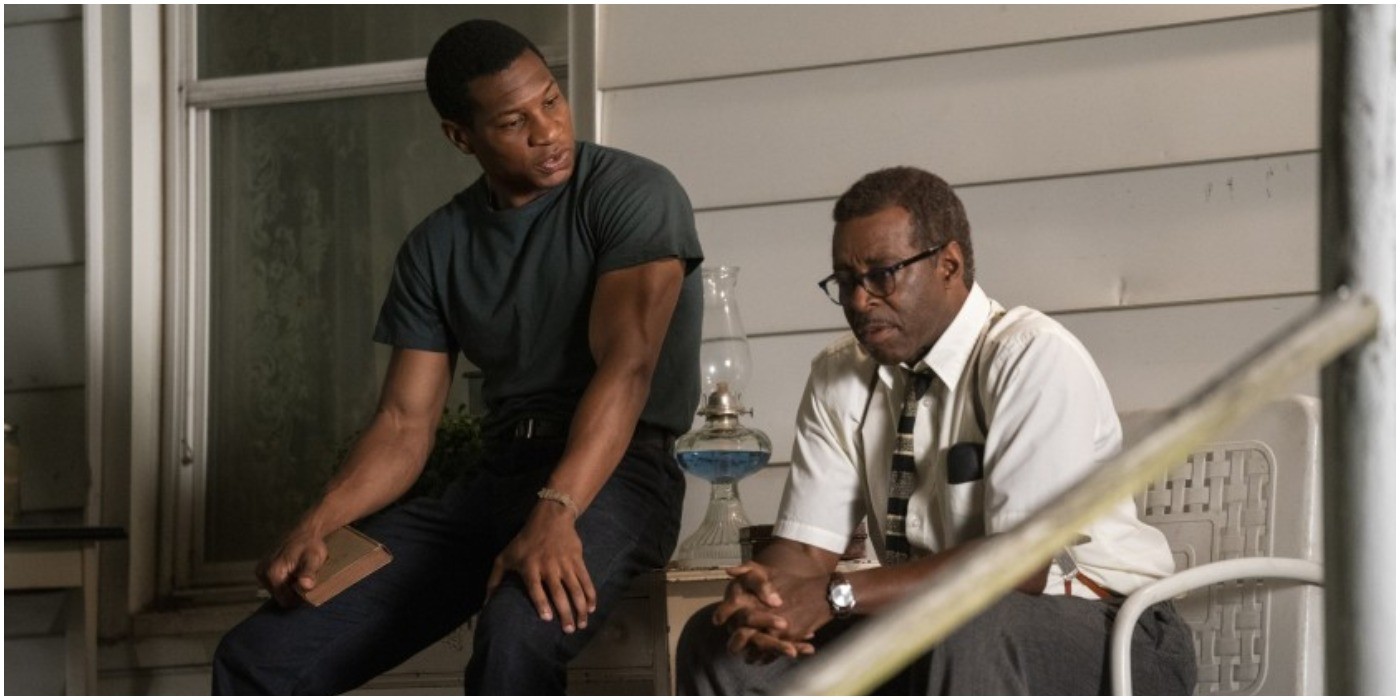
The question of whether an avowed racist like H.P. Lovecraft still holds any relevance in the literary canon is a heady subject for a show to tackle in 2020, but it appears to be a launchpad to discussing much bigger questions. The answers don’t seem obvious at the moment.
Neither does the show. Despite its artistic ambitions, it has a clear love for pure pulp and that is no more apparent than in the final sequence of the episode, when the group, along with cops who have pulled them over in a ‘sundown county’ are attacked by vampiric creatures.
Lovecraft Country begins with huge, honest ambitions. It asks big questions and teases intriguing possibilities. It is well worth the time for any fan of history, Lovecraft, or twisty sci-fi.
Forbidden Knowledge:
- George’s daughter makes her own (awesome!) comic books. One of her characters bears a striking similarity to iconic Milestone Comics hero Static.
- In addition to monsters, there is a suggestion of people with superhuman abilities.
- J.J. Abrams and Jordan Peele are executive producers on the show.
- The characters travel to ‘Ardham’ after George – curiously – dismisses the existence of an Arkham, which is a fictional town that figures heavily in the Lovecraft mythos.
Darby Harn is a contributor for Screenrant, CBR.com, Star Wars News Net, and Movie News Net. He is the author of the sci-fi superhero novel EVER THE HERO. His short fiction appears in Strange Horizons, Interzone, Shimmer, and other venues.



